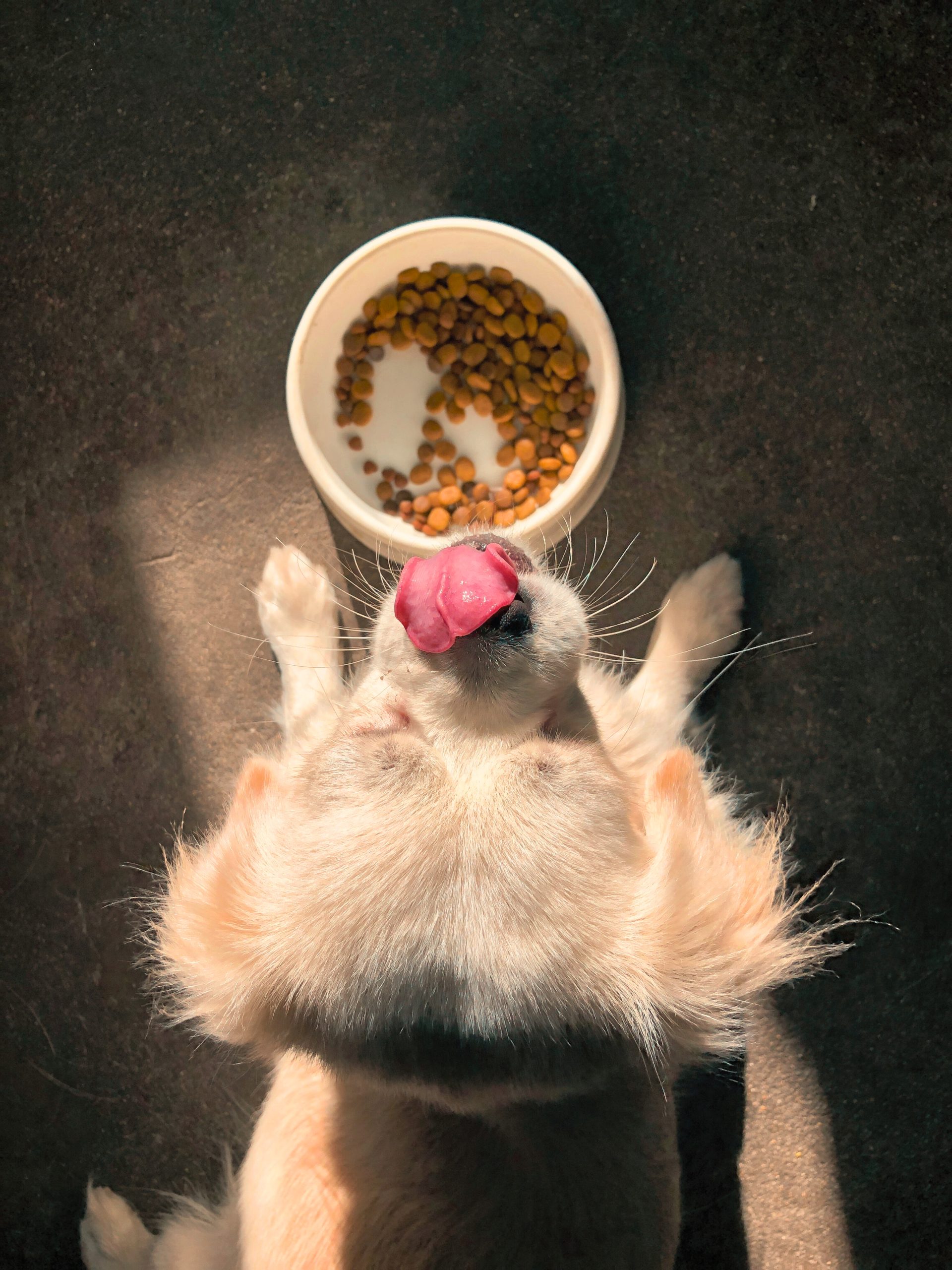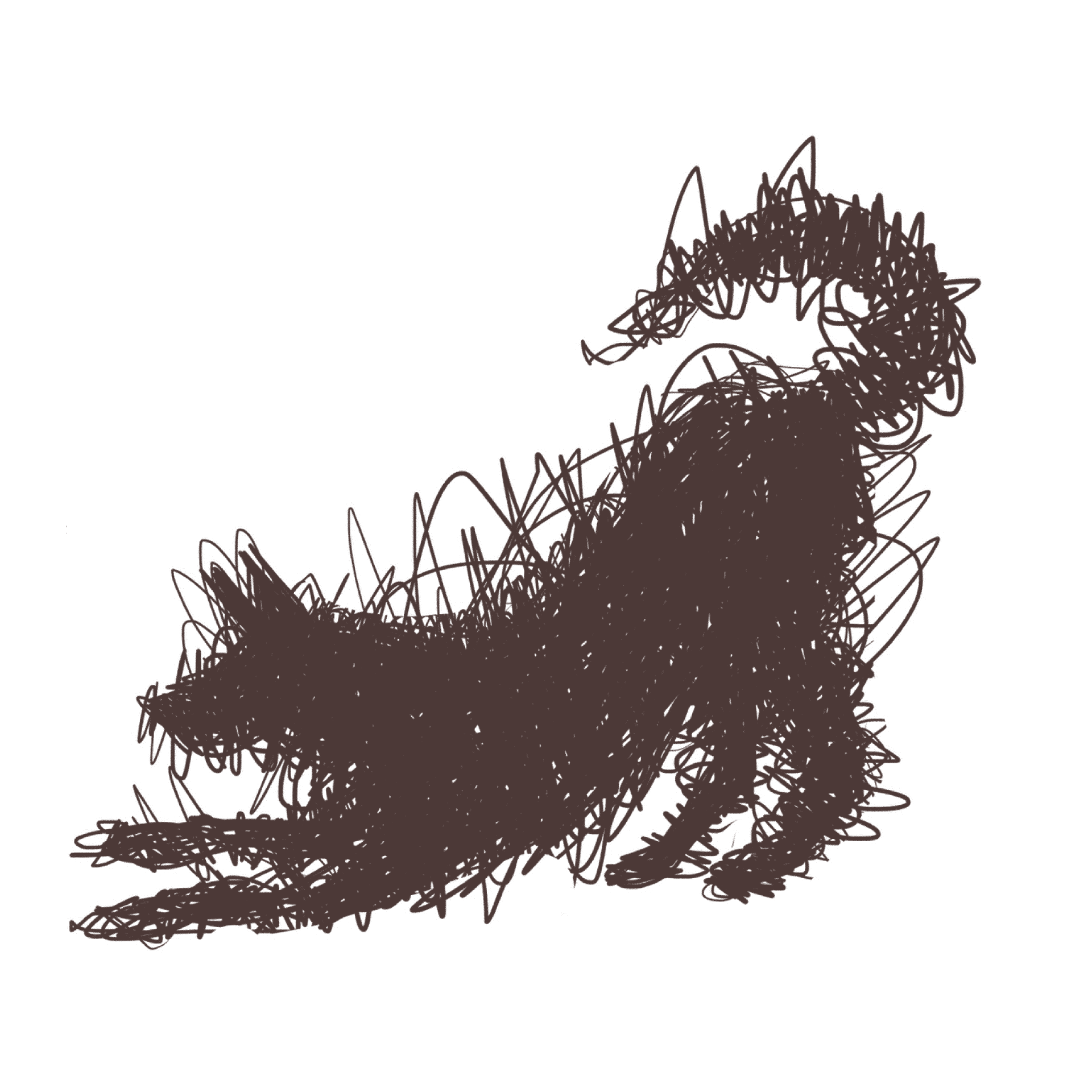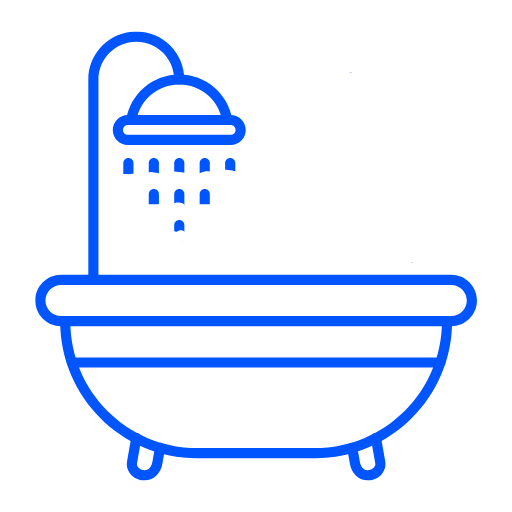Diet Consultations
Diet guidance for a thriving, allergy-controlled pet
Food is love. We know this and every pet is unique. Finding the right diet can mean the difference between chronic illness and a thriving, healthy friend. You may have tried many diets and kept your pet away from favorite treats. With our guidance, we can help you choose the best diet for your resources and your pet’s health and quality of life.
Food allergies in pets are often misunderstood and complicated by marketing claims. Food allergies occur when pets develop hypersensitivity to certain ingredients they’ve eaten. Removing these offending ingredients (select proteins or carbohydrates) from their diet can show improvement within weeks.
Diagnosing food allergies requires an elimination diet trial, which means completely removing all previously eaten ingredients, including treats, flavored medications, chews, bones and even heartworm or flea prevention. This helps identify the cause of the allergy. Secondary infections, like bacterial or yeast infections, can complicate the diagnosis, as they can cause itching on their own.
Choosing the right diet for an elimination trial is crucial. Avoid ingredients that may cross-react or be cross-contaminated. Cross reaction occurs when two ingredients are similar enough in structure that allergy to one of them also results in reaction to the other. Whereas cross contamination is the contamination of a particular diet with ingredients that are not listed on the label. Multiple studies have shown this to be a problem with many over-the-counter dog foods. Consulting with Veterinary Dermatologist or Internist ensures a comprehensive approach, increasing the chances of successfully identifying and managing food allergies without the extra expense and time of trying multiple diets.

How to book this service?
Please ask your family veterinarian for a referral. Send your veterinarian a referral request to get your initial consultation booked!
We understand you may be struggling to find the help you need for your special pet. We want to help so we created a self-referral process for a dermatology consultation.

Frequently Asked Questions
It is not recommended to use raw food for an elimination diet trial. Raw diets can pose health risks due to potential contamination with harmful bacteria like Salmonella and Listeria. These bacteria can make both pets and their owners’ sick. For a safe and effective elimination diet, it’s best to use a specially formulated commercial diet or a home-cooked diet prepared under the guidance of a veterinarian.
Food allergy is a genuine allergic response where the immune system becomes overly sensitive to ingredients a pet has previously eaten. For food allergy to occur, the pet must have been exposed to the problematic allergen or a similar one with cross-reactivity. On the other hand, food intolerance doesn’t need prior sensitization and can happen on the first exposure. In dogs and cats, food intolerance reactions typically manifest as gastrointestinal issues like diarrhea or vomiting.
An elimination diet for a cat or dog involves feeding them a special diet that excludes all the ingredients they have previously eaten. This helps identify which foods might be causing allergies. The process typically lasts for at least 8 weeks, but it can extend up to 12 weeks. During this time, it’s crucial to avoid giving your pet any treats, chews, or flavored medications that could interfere with the trial. If symptoms improve, potential allergens are reintroduced one at a time to pinpoint the specific cause of the allergy. The PetDerm team can help you develop an elimination diet to improve your pet’s quality of life.
The only reliable way to diagnose food allergies in dogs and cats is through a strict elimination diet trial. While some tests claim to detect food allergies using blood, hair, or saliva, they are not reliable or dependable.
Symptoms of food allergies in dogs and cats may include behaviours such as licking, scratching, chewing, and rubbing various regions like the face, ears, rear, armpits, and other body parts. Additionally some pets with food allergies may present gastrointestinal manifestations such as loose stool and vomiting. Distinguishing food allergies from environmental allergies can be complicated and that is why we are here to help. Diet consultations with a veterinary dermatologist can help your pet enjoy food again!
Explore other services



